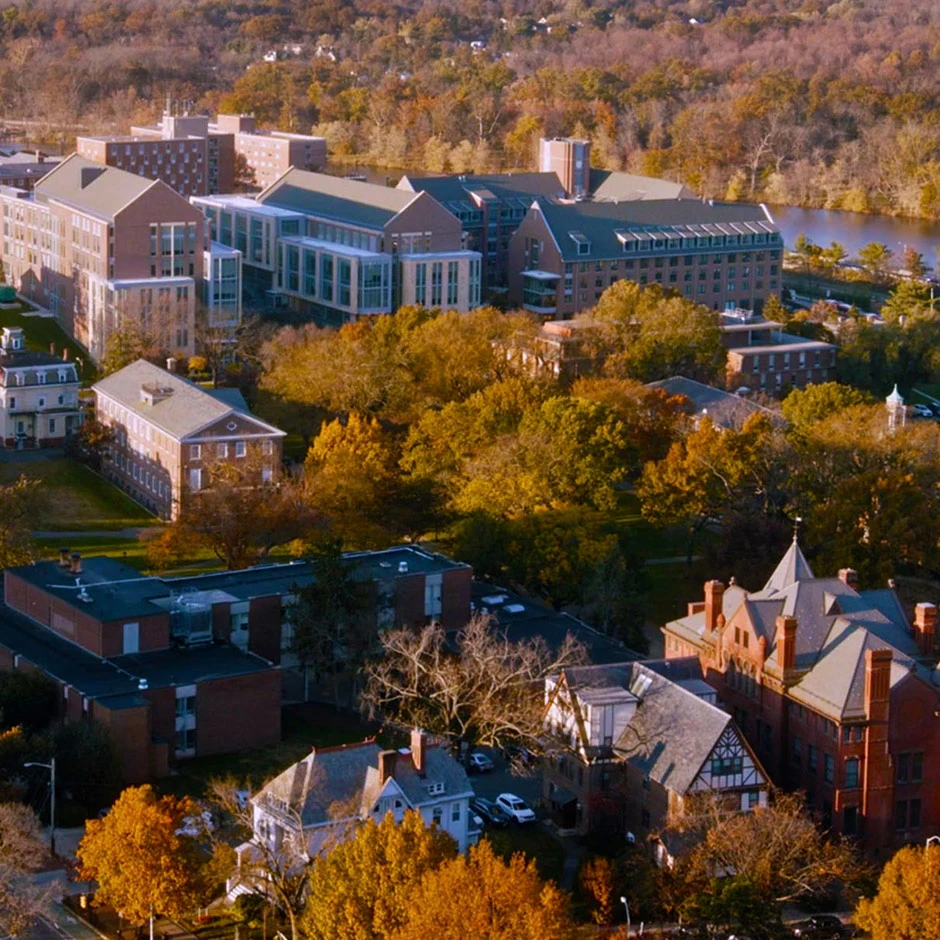Rutgers University, New Brunswick

Why it's being considered
The area around Rutgers University, New Brunswick would be a meaningful location for a memorial or monument commemorating migrant laborers for several reasons:
- Historical Ties to Labor and Migration – New Brunswick has long been a center for industry, including manufacturing, food processing, and construction, which have relied heavily on migrant laborers. The city's economy has been shaped by immigrant and migrant workers, particularly in the 19th and 20th centuries.
- Strong Immigrant and Migrant Worker Presence – The city is home to a large and diverse immigrant population, many of whom have contributed to its labor force in industries such as healthcare, education, and service work. A memorial would honor their lasting impact.
- Academic and Educational Significance – As a major research institution, Rutgers University provides an ideal setting for fostering dialogue, education, and scholarship about migration and labor. A memorial here could serve as an educational tool, raising awareness among students and the broader public about the contributions and struggles of migrant laborers.
- Advocacy and Social Justice Initiatives – Rutgers has a strong tradition of labor studies, immigration research, and activism. A memorial in the area could complement existing programs that focus on workers’ rights, immigrant experiences, and social justice.
- Visibility and Public Engagement – Being in a university setting ensures that the memorial would be seen by a diverse audience, including students, faculty, and visitors from around the world, fostering greater recognition and appreciation for migrant laborers.
- Proximity to Key Labor and Migration Centers – New Brunswick and surrounding areas have been home to both past and present waves of migration, from European immigrants in earlier centuries to more recent Latino, Asian, and African migrant communities. The city also has strong connections to labor movements and union organizing.
By placing a memorial near Rutgers University, it would not only recognize the historical and ongoing contributions of migrant laborers but also inspire future generations to reflect on issues of labor, migration, and social justice.
About this project
The New Jersey Immigrant Laborers’ Monument Project is a transformative three-year initiative dedicated to honoring the vital contributions of immigrants and migrants as laborers in shaping the state of New Jersey.
Through thoughtfully designed monument installations, the project will celebrate the resilience, hard work, and cultural legacies of these individuals, whose efforts have profoundly impacted the state’s economy, infrastructure, and communities. By blending art, history, and storytelling, this initiative aims to create spaces that inspire reflection, foster appreciation, and amplify the voices of immigrant laborers, past and present.